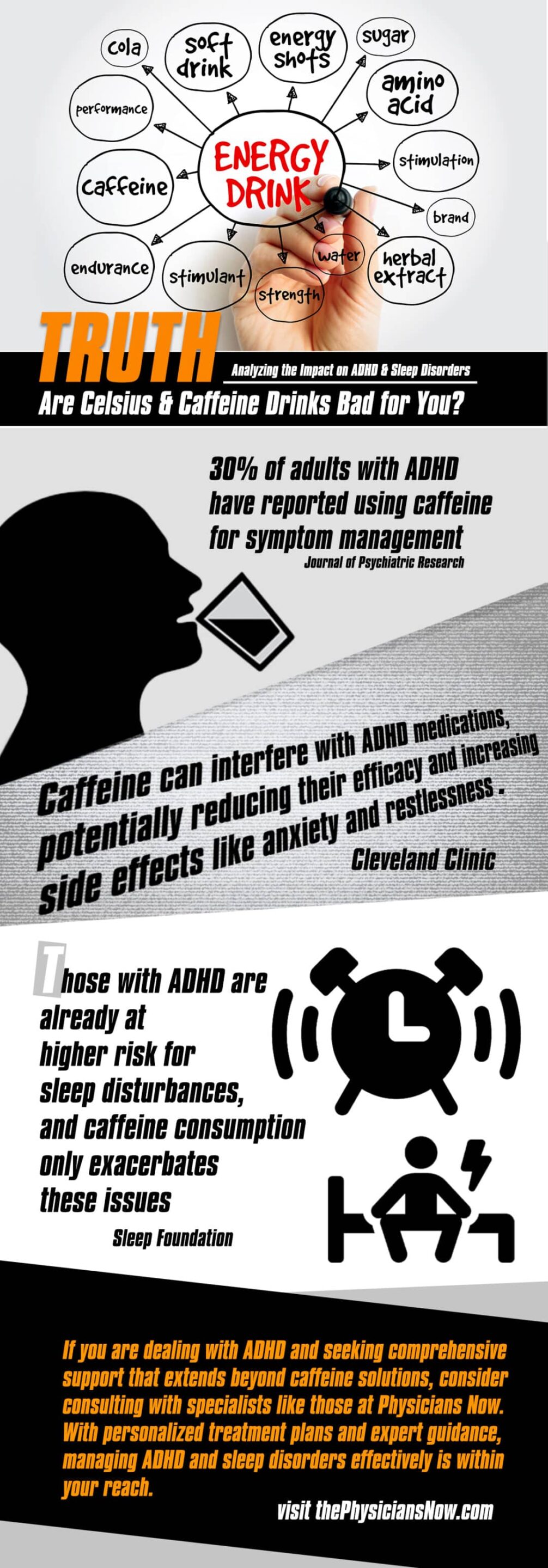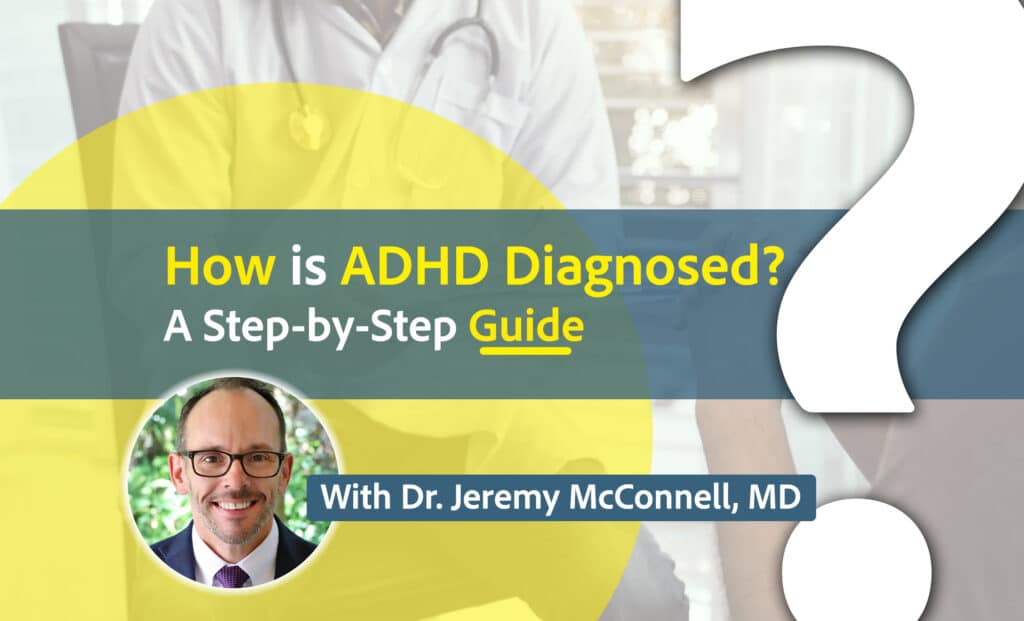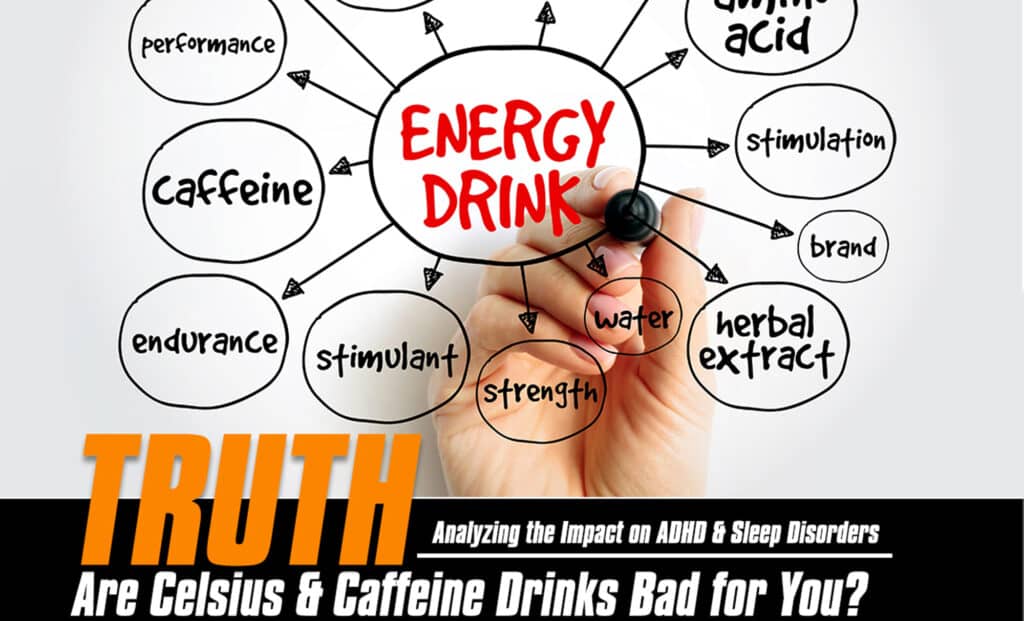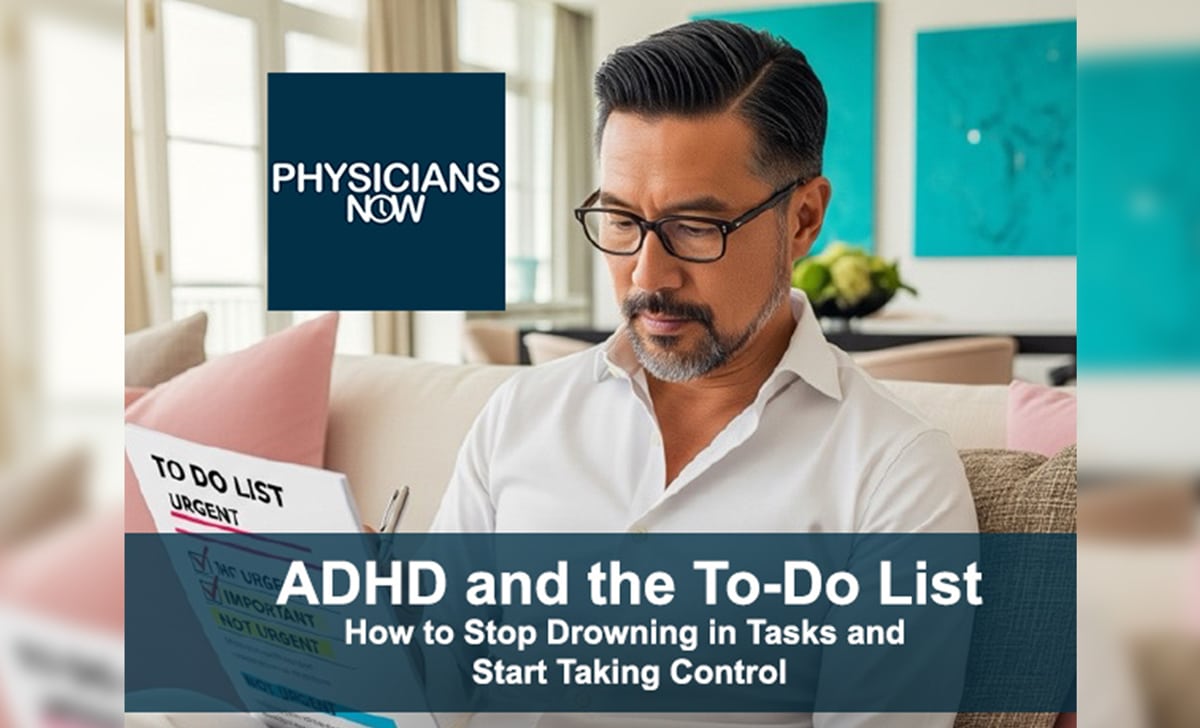“Are Celsius Drinks Bad for You?” Analyzing the Impact on ADHD and Sleep Disorders
Attention Deficit Hyperactivity Disorder (ADHD) impacts millions globally, affecting their sleep and energy levels significantly. With the growing popularity of high-caffeine beverages like Celsius drinks for their energy-boosting effects, it’s crucial to question, “Are Celsius drinks bad for you?” particularly in the context of ADHD. This article reevaluates the complex effects of Celsius drinks on individuals with ADHD, incorporating insights from a popular article originally curated by PopSugar and recent health concerns leading to beverage withdrawals, like Panera’s decision to pull caffeine beverages from their menu.
So What is the Truth on Whether or Not Celsius Drinks Are Bad for You?
Caffeine Consumption Among Individuals with ADHD
Individuals with ADHD often consume more caffeine, attempting to self-medicate their symptoms. However, it’s important to note that only some isolated studies have shown any benefit of caffeine for managing ADHD symptoms, and these effects are not widely recognized as effective long-term solutions. The Journal of Psychiatric Research indicates that about 30% of adults with ADHD have reported using caffeine for symptom management. This reliance may offer temporary relief, but does not treat the underlying disorder and can disrupt overall neurological balance. The recent decision by Panera to remove caffeine beverages citing health concerns underscores the need for caution (USA Today report).
Caffeine’s Ineffectiveness and Interaction with ADHD Medications
While temporary alleviation of ADHD symptoms such as lack of focus and hyperactivity is possible, caffeine is not an effective long-term treatment. Medical professionals, including those at the Cleveland Clinic, highlight that caffeine can interfere with ADHD medications, potentially reducing their efficacy and increasing side effects like anxiety and restlessness. This significant interaction stresses the risks of substituting prescribed medications with caffeine sources like Celsius drinks.
The Impact of Caffeine on Sleep and Mental Health
Excessive caffeine intake, especially among individuals with ADHD, can severely affect sleep quality. It can increase the time it takes to fall asleep, reduce total sleep time, and worsen sleep quality overall. According to the Sleep Foundation, those with ADHD are already at higher risk for sleep disturbances, and caffeine consumption only exacerbates these issues. The resulting poor sleep can aggravate or lead to anxiety and depression, creating a detrimental cycle of symptoms.
Understanding the impact of high-caffeine drinks like Celsius on individuals with ADHD is crucial for effective management of the disorder and maintaining overall health. Turning to such beverages may offer quick benefits but complicates long-term health outcomes, particularly in relation to sleep and mental health. As highlighted by discussions on platforms like Physicians Now, education and awareness are key to developing healthier strategies for managing ADHD and associated sleep issues.




